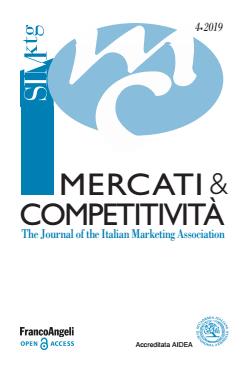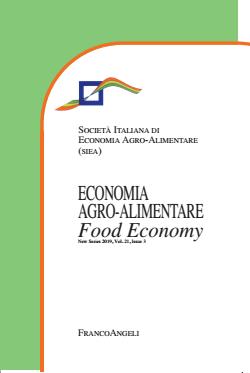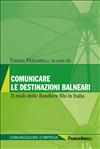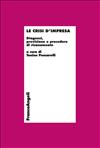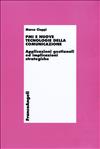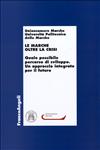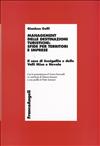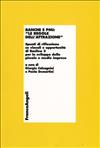The research hypothesis of this paper is that the "traditional local products" business is a valid strategic option for the development of agricultural enterprises, enterprises of agro-industry and entire territorial areas. The promotion of local products, however, requires an innovative marketing approach, combining the conceptual tools of marketing services, according to the approach of the Service Dominant Logic (Vargo and Lush, 2004 and 2008; Gronroos, 2011; Gronroos and Gummerus, 2014) with the experiential perspective (Schmitt, 1999; Pine and Gilmore, 1999). The study proposes an "experience logic" marketing approach, which focuses marketing processes on customer experience. The methodology followed is qualitative, based on the case study (Yin, 2003). This method is considered coherent with the exploration and interpretative purposes of the study which also intends to submit to a preliminary verification the new conceptualization of marketing as applied to products and experiential consumption. We have chosen to analyze the case of Marini Azzolini Truffles Acqualagna (PU) because the company has an extensive product portfolio which includes goods, services and experience connected to truffles. The study shows that the company has adopted a marketing approach, disregarding the value created by and with the customer in places where truffle consumption is experienceed (restaurants and in the surrounding local area). In this way the firm does not take advantage of opportunities for further exploiting the market because it has assumed of a marketing approach based on "experience logic". Despite the limitations of the research due to its making use of only a single case study, the paper proposes a new conceptual model (experience logic) for observing and interpreting the food and wine business as well as the businesses involved in the new post-modern consumption processes, in which there is a demand for a strong experiential content, authenticity, and low standardization of the products and services offered.


